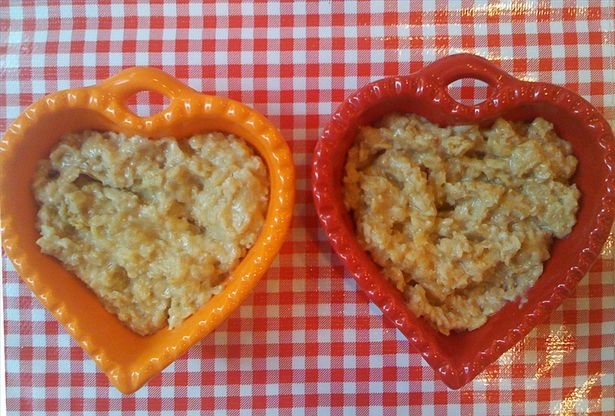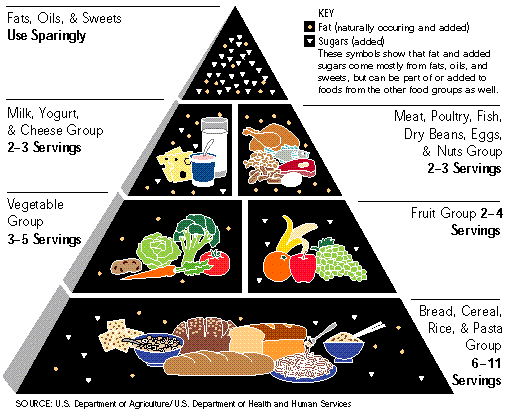Some of Britain's food producers are duping supermarket shoppers with fake food - hiding the real source of ingredients and using underhand tactics to confuse the buyer, a leading food expert revealed today.
Rob Ward, a UK authority on provenance, champion of local food and farmer, lifts the lid on some of the scurrilous tricks employed by major companies in a new series of 'Rip-off Britain' on BBC1.
Rob has launched an honest labelling campaign - in a bid to fight food forgery, urging the British public to help name and shame the worst offenders and praise those producers who get it right.
In some of the most blatant examples, manufacturers litter packaging with St George's flags to convey Englishness even though only one of the minor ingredients is home-sourced.
In another example, one of Britain's biggest frozen food companies paints the picture of a home-grown chicken when it has been sourced from Thailand. With research showing consumers spend just five seconds reading each label, Rob said it was time to act: "For too long, consumers have been duped by manufacturers who dazzle them with all sorts of messages to get their attention - often in the hope of disguising the reality. "My investigation has revealed a catalogue of abuses across the board.
Often it is only when you look at the small print, or ring the company itself, that you realise the ingredients don't fit the image." One company which sells Scottish smoked salmon was sourcing fish from Norway, while another firm was making 'traditional' pork pies using meat from all over the world.
Rob called for better labelling and regulation to crack down on the worst offenders, while urging customers to take more care when putting food into their trolleys. He continued: "Shoppers spend between three and five seconds deciding what to buy, so simple and clear labelling should be mandatory, not an optional extra.
"Demand for locally- and regionally- sourced food is growing and manufacturers are trying to cash-in on this patriotism. But I think it's time to make a stand and expose this counterfeit food. "British consumers are increasingly placing their trust and hard-earned money in British and local food. This trust will be severely betrayed if these counterfeit foods continue to go unchallenged."
As part of his campaign, Rob believes the country of origin should be clearly identified for the major ingredients on the front of any packaging. A major ingredient can be defined as part of the description, so the packaging on a pork pie should list clearly the country where the pig was born and reared.
This also applies to descriptions of products like 'Cornish Pasty', or 'Bakewell Tart'. These descriptions are legally known as custom words, or words that are used regularly enough to be part of our vocabulary and associated with a particular food.
These custom words imply a certain level of quality, suggesting they are made using a particular recipe or made in a particular place. This, again, can be abused by food manufacturers, with Rob revealing that one ice-cream describing itself as from Yorkshire is actually made in South Wales with milk from that region.
Honest Labelling have created a set of guidelines for food producers to consider:
1. Consumers should be able understand what the food is and what it is made out of within 5 seconds.
2. Ingredients named in the product description should have the place where it was grown or reared, easily read on the front of the packaging. eg. Pork Pies, 100% British reared Pork.
3. A place used in the description of the food should be obvious on the front of the packaging whether it was made from that region, or not. eg Cornish Pasty, made in Cornwall.
4. Methods of food preparation, should clearly explain that it is a cooking technique not a place. eg.. Cooked Ham, 'Wiltshire' cured. Not 'Wiltshire Ham.'
5. Words that are used to imply a higher quality, such as 'traditional', or 'home style', or 'natural', need to true to the suggest description.
Top five worst offenders*:
1. Peter's Premier Steak & Ale Pie Bird's
2. Eye Great British Menus Roast Lamb Dinner Tesco's
3. British Goose Fat Roasted Potatoes
4. Tesco's Farm House Mixed Vegetables
5. Heinz Farmers Market Chicken & Country Vegetable Soup
* source: 30/12/09 HonestLabelling.com

 Starting Up An Aquaponics Set Up From See The Easy Way
Planting seeds in your aquaponics system can be a lot simpl
Starting Up An Aquaponics Set Up From See The Easy Way
Planting seeds in your aquaponics system can be a lot simpl
 The Simplest Way To Lessen Your High Cholesterol By Natural Means
High-cholesterol is a major variable inside the countrywide
The Simplest Way To Lessen Your High Cholesterol By Natural Means
High-cholesterol is a major variable inside the countrywide
 Introduction To Of Some Lower Cholesterol Foodstuffs
Cholesterol is a fat-like element contained in the physique
Introduction To Of Some Lower Cholesterol Foodstuffs
Cholesterol is a fat-like element contained in the physique